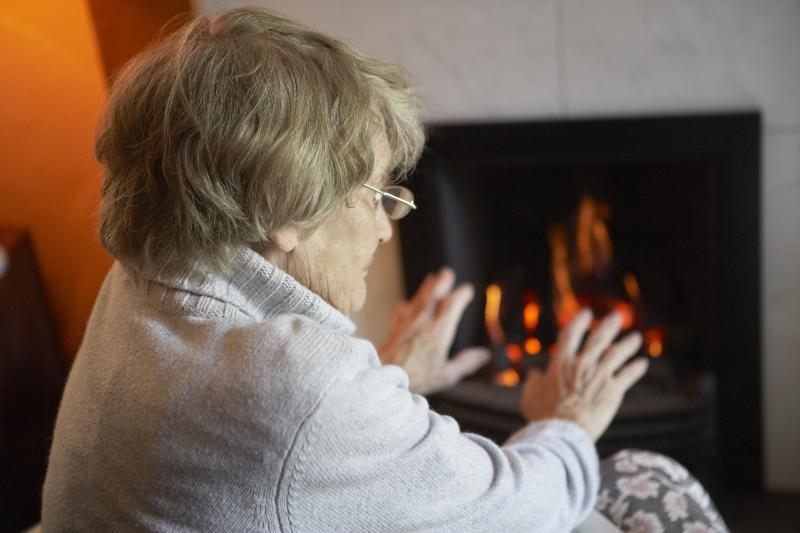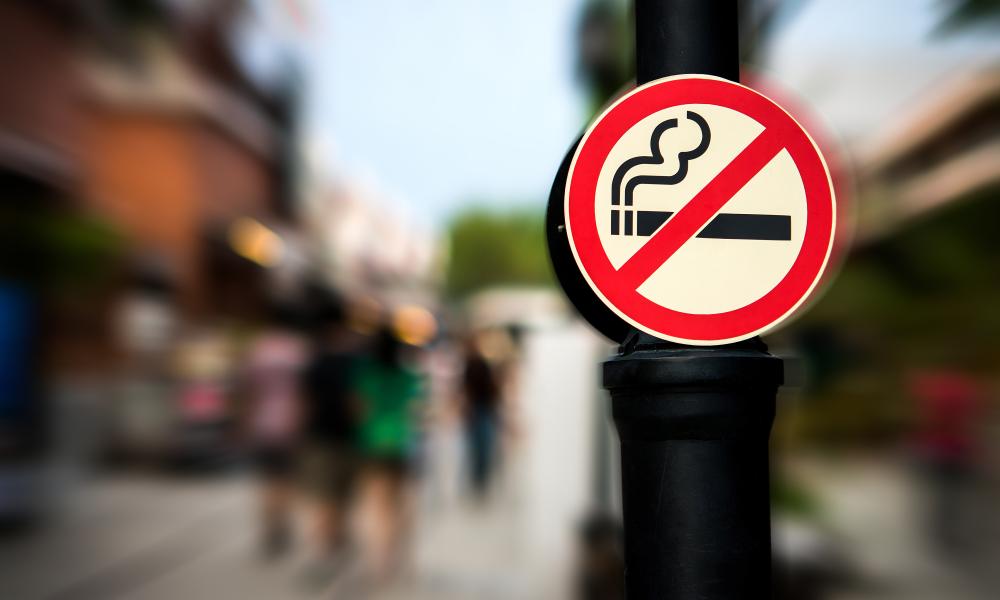
People living in fuel poverty frequently live in cold, damp and thermally inefficient houses. Living in such conditions has an adverse impact on health. At their most extreme, these health effects include an increased risk of death in the winter months and higher levels of respiratory illness, high blood pressure, heart disease and stroke.
A number of different definitions of fuel poverty are in use, but the definition that is commonly used in the policy context in Northern Ireland is as follows: Fuel poverty occurs when a household needs to spend more than 10% of their income on energy in order to maintain an acceptable level of heat* throughout their home.
In Ireland, there is no set definition of fuel poverty, but Irish research has used a subjective measure, assessing whether people feel they are unable to afford to adequately heat their home. Consideration is given to the implications for policy and practice in both jurisdictions.


